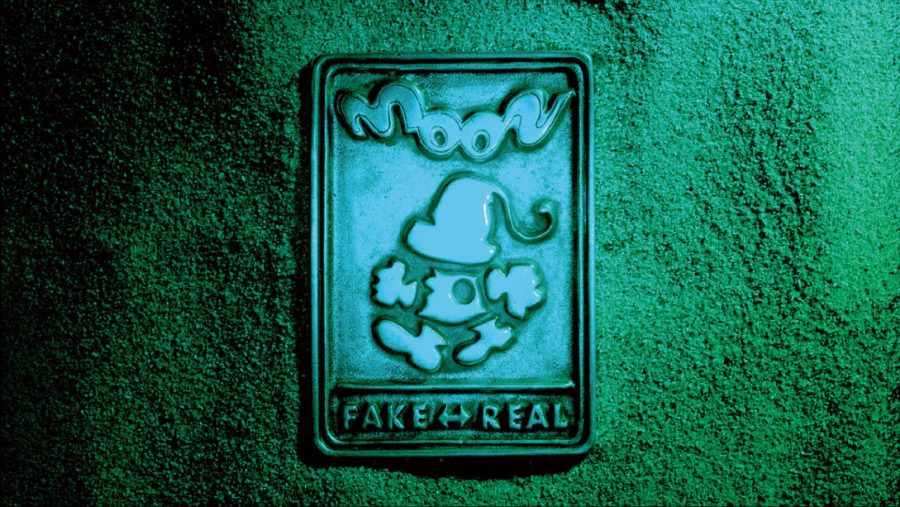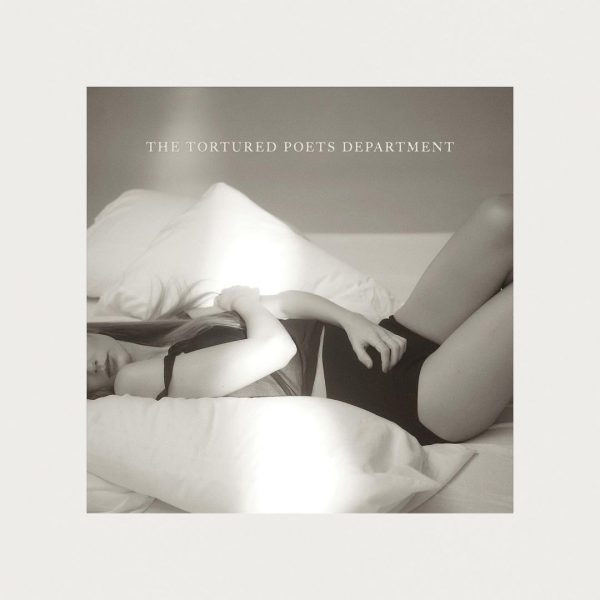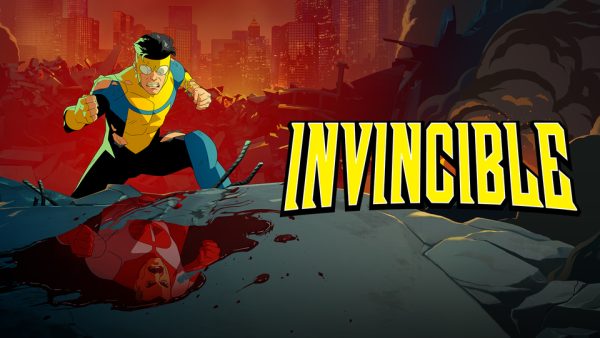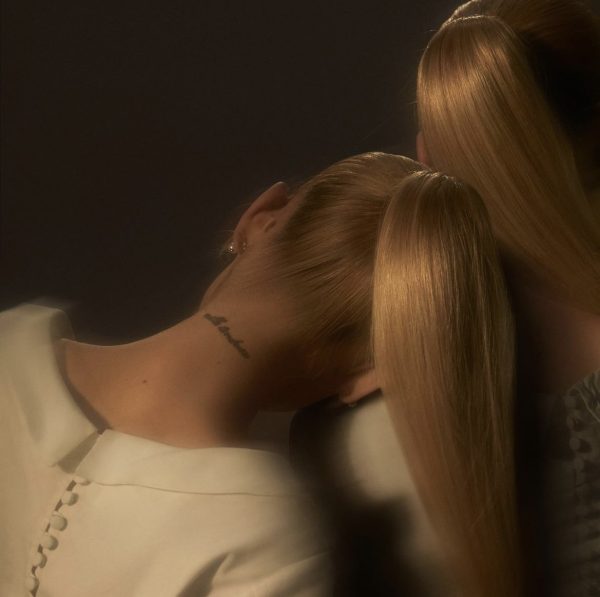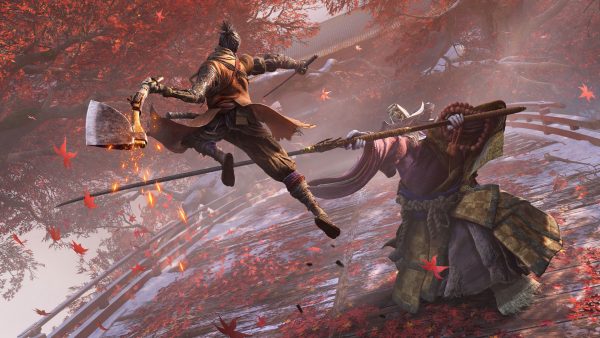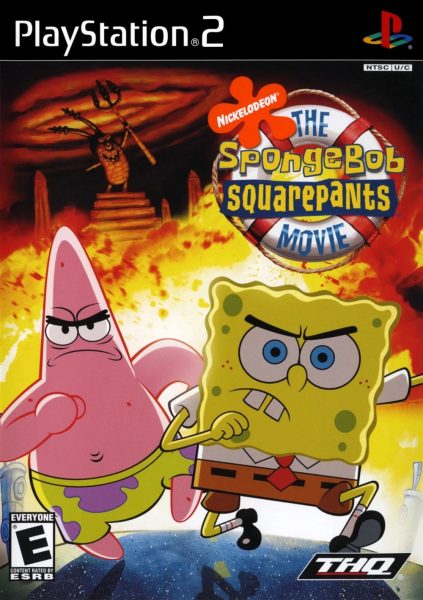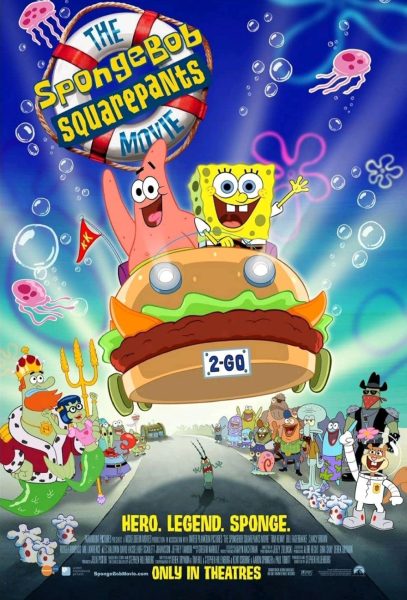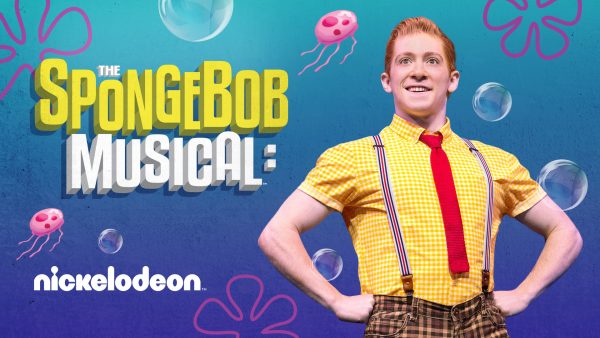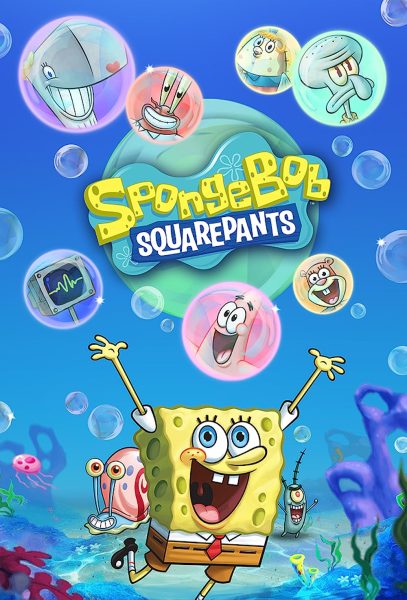“Moon: Remix RPG Adventure” is the best video game you didn’t know existed.
Image courtesy of Nintendo and Onion Games
Moon is labeled as the anti-RPG, a game you win through love and building relationships.
February 6, 2022
If you haven’t heard of “Moon: Remix RPG Adventure” then you are in for quite a treat. “Moon” was originally released on the first Sony Playstation in 1997. It was developed by the short-lived studio Love-de-Lic which was founded by Kenichi Nishi and staffed by former employees of the popular game publisher, Squaresoft (known for the “Final Fantasy” series and “Super Mario RPG”). “Moon” never received an official English translation until August 2020 when it was released on the Nintendo switch, and then Playstation 4 and PC in December 2021.
As the game begins you play as a young boy that is up late playing a new video game called “MOON”. The game is about a mighty hero that has to save the world from an evil dragon that destroyed the moon. You interact with simple characters and kill any monster that stands in your way to victory. After playing through the entire game and arriving at the final boss, the boy’s mother tells him to shut the game off and go to bed. This is where our true game begins.
The TV turns on by itself and transports the boy into the world of “MOON.” Instead of playing the hero from before, you are now an invisible boy, trapped inside this video game. You can learn more about the lives of the characters that only had a small amount of dialogue previously. The creatures that were slain by the relentless hero need your help to find their wandering souls. As you explore the world of “MOON”, you have to gather enough love (experience points) to save the world from the very character you once controlled.
“Moon” is anything but normal when it comes to video games. It spends most of the time poking fun at role-playing games (or RPGs) that came before it. With references to classics like the “Dragon Quest” series and the early “Final Fantasy” games, “Moon” asks the player what they want from a gaming experience.
You play as a bystander in this digital world, watching the “hero” of the story barge through towns, ransack through townsfolk’s belongings, and cause more harm than good. You, on the other hand, can spend time with these characters, learn about their lives and solve their problems along the way.
The gameplay cycle goes through a daily rotation that gives every non-playable character (or NPCs) a schedule they stick by. As you learn about others and help them with their problems, you earn “love.” This game mechanism gives you more energy which allows for more exploration around the world without having to rest every few minutes.
Every character here has their own small quest for you to complete. Each one is unique and they all involve hanging out and making an effort to listen to what they have to say. It isn’t required to complete every mission to beat the game, but seeing how each storyline plays out is almost a reward in itself. The quests can be as simple as buying bread for an old woman or as difficult as finding materials to build a rocket ship for a self-centered genius. The more you get to know these characters, the less they seem like programmed figures.
The art design is so multifaceted and oozing with charm. The opening introduction uses a pixelated style that imitates older games. The main style looks like a caricature’s sketchbook, with each character and location looking more distinct from the last. The multiple monsters you help out along the way stand out even more. These creature designs are crafted from clay, making them noticeably different from the rest of the world. Even with the variety of styles, it all feels very cohesive.
Along with the quirky visuals comes a feast for your ears with the music and sound design of this game. Each character has a voice made up of sampled clips from old recordings or audio tracks that the developers enjoyed. You can collect and buy over thirty different music tracks, each with individual cover art, that you can play at any time as you wander around. To top it off, when going to sleep every night in the early part of the game, we are treated to Claude Debussy’s “Clair De Lune” as the player returns to their bed, ending each accomplished day with a serene lullaby.
The puzzles that appear throughout the game hit the sweet spot for adventure game puzzles. “Moon” was released after the age of archaic solutions that required a manual, but before the introduction to handholding tutorials that solve the problems for you. The game gives you everything you need, without directly pointing towards the finish line. It’s up to the player to connect all of the pieces.
This isn’t to say I didn’t need a guide. There were several puzzles towards the end that had me bumping my head against the wall for hours. Some leaps in logic are a bit unforgiving, but this game incentivized me to bust out a pen and a notebook. Working out a puzzle by yourself after writing down every detail is more rewarding than any half-baked puzzle a modern game could ever hope to provide.
Beyond everything I’ve stated so far, “Moon” is fun and successful because it’s unafraid of being itself. While it criticizes the mindless nature of early fantasy games, it still celebrates video games as an expressive medium. The charm of actually talking and spending time with all the inhabitants of this “Moon World” can reach heights that traditional role-playing games aren’t able to achieve.
“Moon: Remix RPG Adventure” quickly became one of my favorite games of all time when I played it during winter break. In a year with some great games, I found myself captivated by this relic from decades ago. There are a small number of nitpicks I have, but I can wholeheartedly say that this game is a masterpiece that I will not soon forget.
Video Games can transport audiences into other worlds more easily than any other medium. “Moon” makes this silly world feel tangible as if the programs within it are living and breathing inside your game console. The real question “Moon” leaves you with is: What is the right way to save characters that will always be trapped inside their own fiction? If you like games that acknowledge their own existence in interesting ways, you should give “Moon: Remix RPG Adventure” a try.

